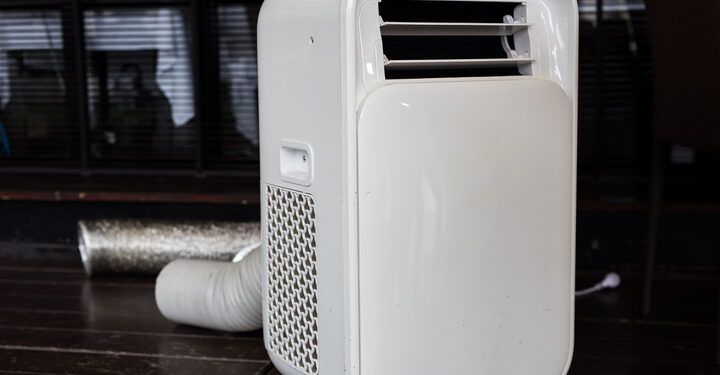If you happen to have asthma symptoms, an air filter, purifier, or room air cleaner may help you to breathe easier. If you share your home with a smoker, an air filter is also likely to be helpful. In fact, secondhand smoke always worsens asthma symptoms and causes nasal congestion in children. If you’re curious about air purifiers but don’t know a lot about them, continue reading this article.
Types of Air Filters
Mechanical air filters
Electronic air filters
Hybrid air filters
Gas phase air filters
Germicidal air cleaners
Ozone generators
Whole-house air cleaners
Choosing an Air Filter
Ask yourself the following questions before purchasing an air filter:
-Is it large enough? Will the air purifier clean the air in a room the size of my bedroom? The right purifier size is determined by the device’s clean air delivery rate (CADR). To find out more, you can check the Association of Home Appliance Manufacturers (AHAM) for their ratings of air cleaners.
-How difficult is it to change and clean the filter? Always ask for a demonstration. Find out how often the filters have to be changed in a home with a smoker.
-What is the cost to run the unit continuously for a year?
-How much noise does the air purifier make? This is crucial for the HEPA units that have a fan. Will the air purifier be quiet enough to run while you sleep? Turn the air purifier device on when you’re buying it at a store, to see whether you’ll be able to rest.
Asthma, Smoking and Room Air Cleaners
Air filters or purifiers remove small particles and allergens that are in the air. Most often, allergies are caused by microscopic house dust mite feces. Air purifiers can remove such temporary local sources of dust and allergens. If you or a loved one is diagnosed with asthma and there’s a smoker in your house, an air purifier will help to improve your asthma symptoms. Keep in mind, that air purifiers don’t help the person who’s smoking, it only helps the nonsmokers in your home.






